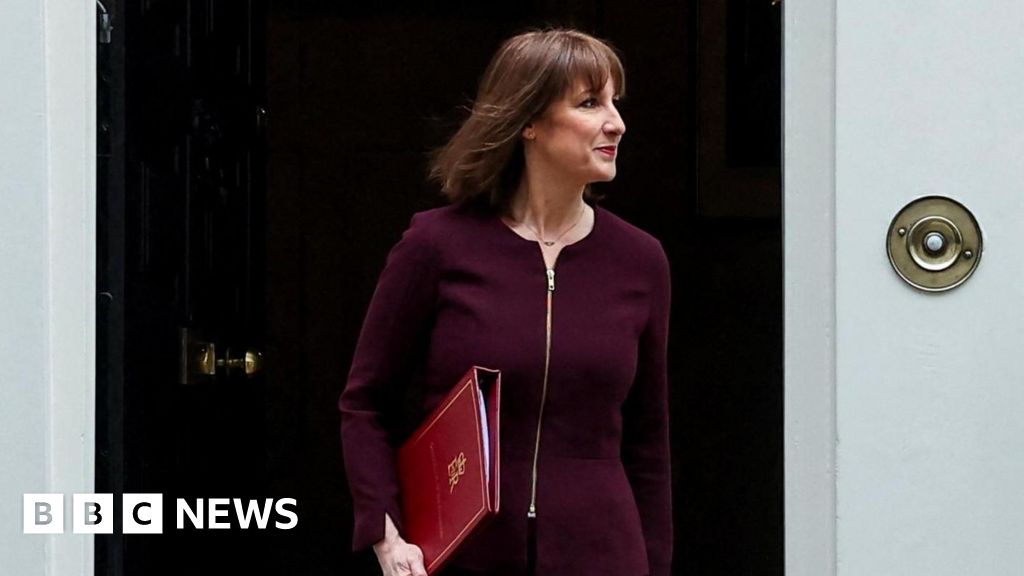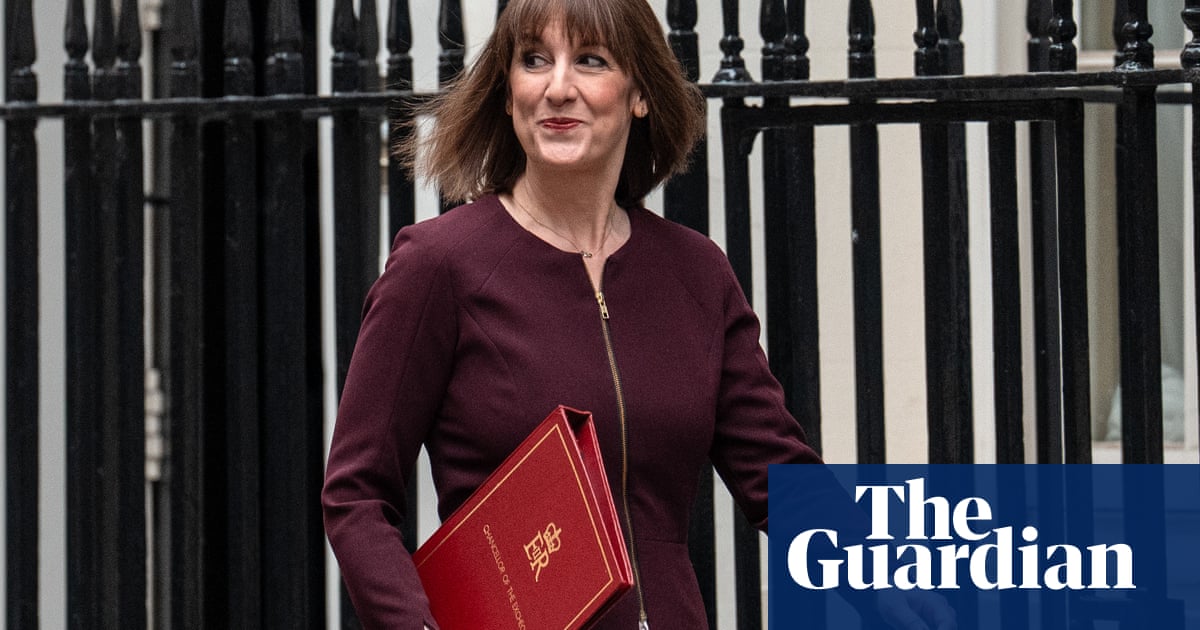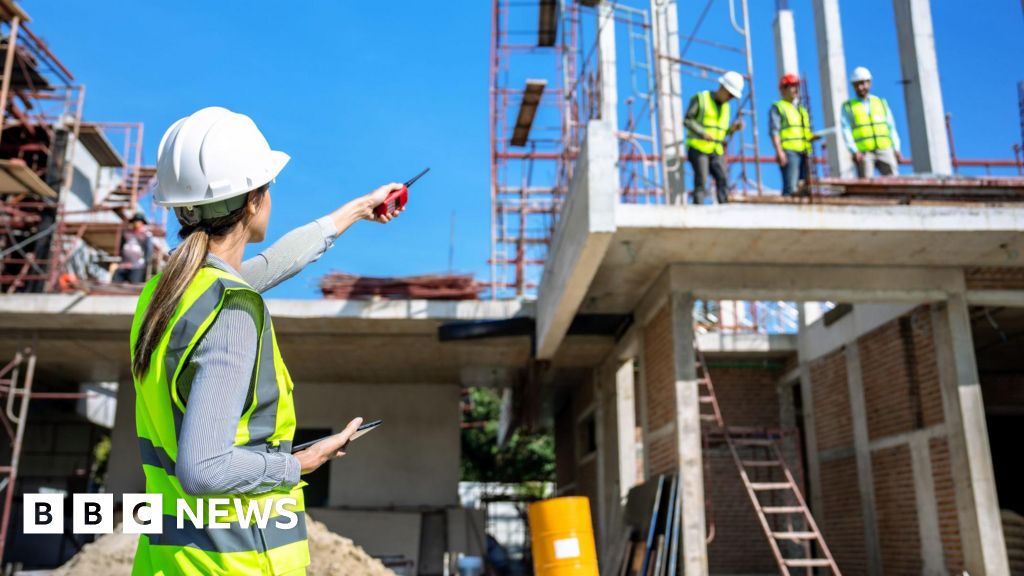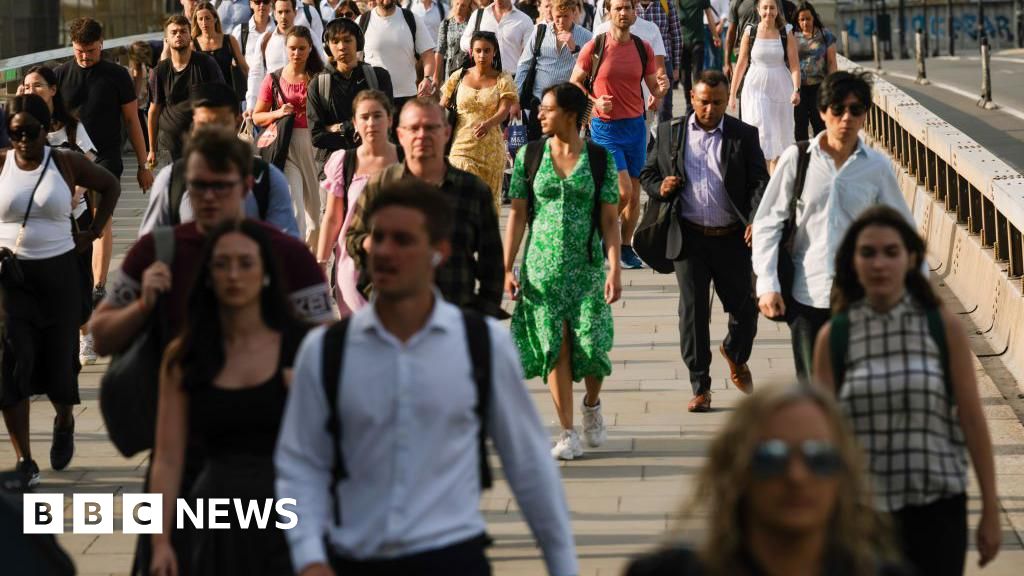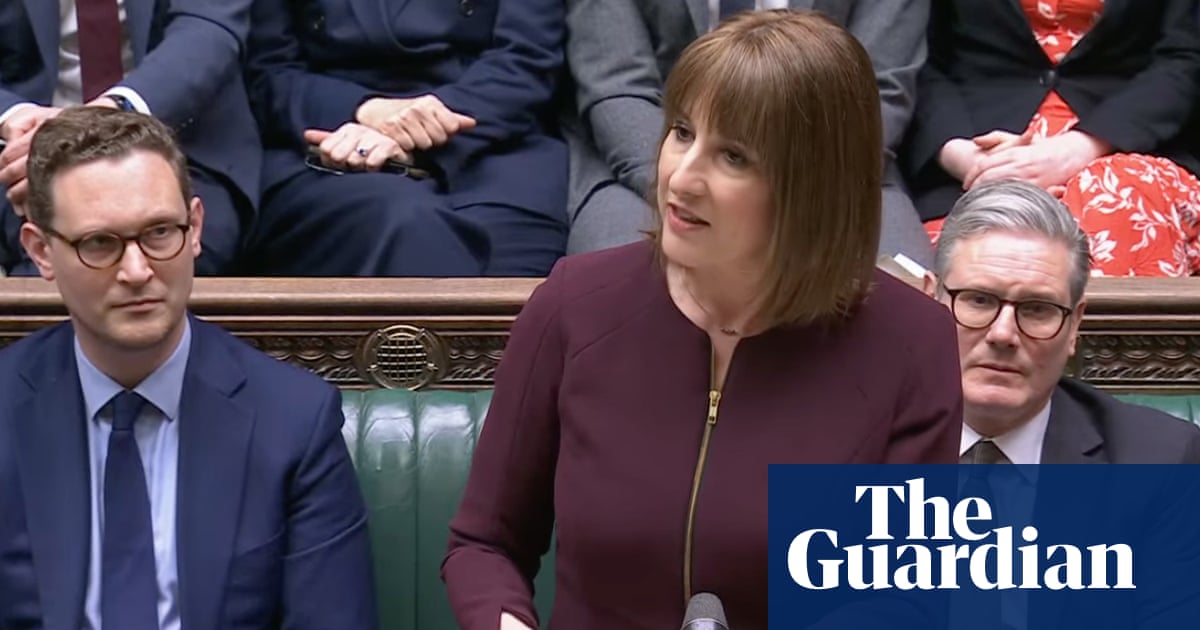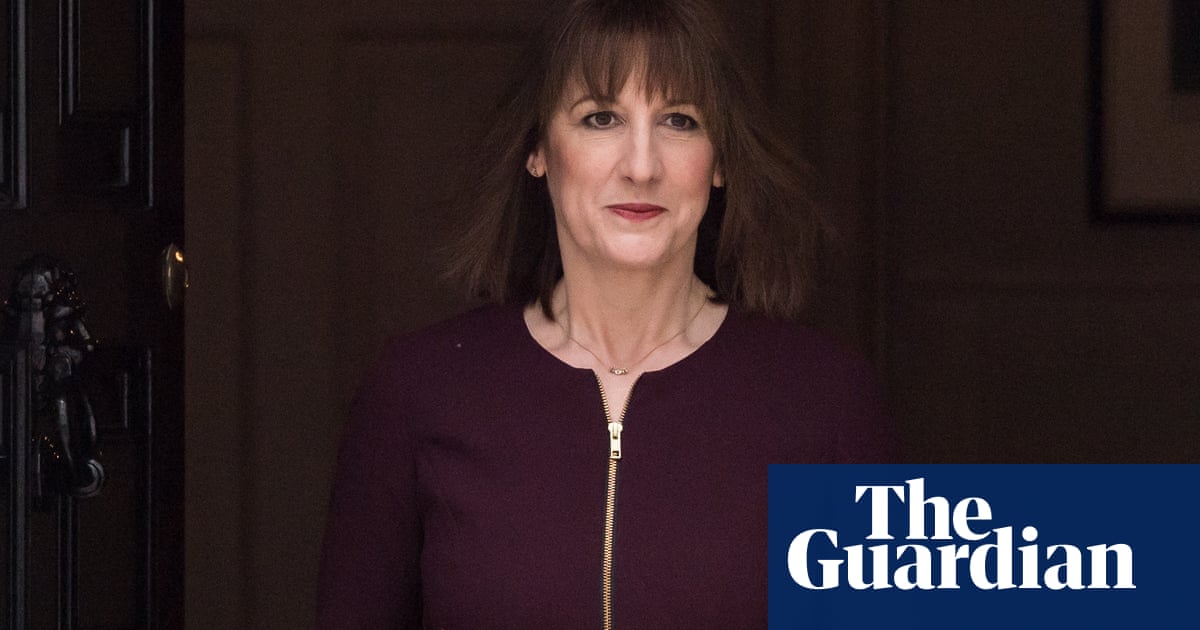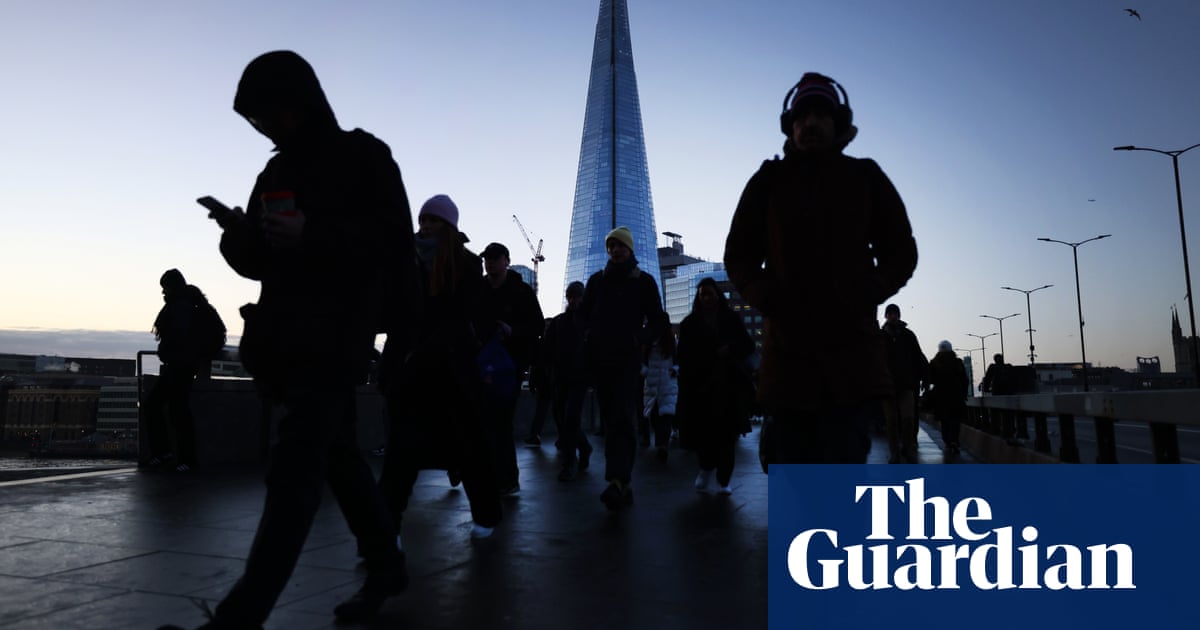UK Inflation Drops as Housebuilding Forecast Surges Amid Planning Reforms
UK inflation fell to 2.8% in February, while housebuilding is set to reach a 40-year high amid government planning reforms.
Overview
UK inflation decreased to 2.8% in February, driven by lower clothing prices, as Chancellor Rachel Reeves announced a revised economic growth forecast of 1% for 2025. The Office for Budget Responsibility expects housebuilding to reach a 40-year high, projecting 1.3 million new homes by 2029 due to planning reforms including mandatory targets for councils. A £600m investment aims to train 60,000 construction workers to address labor shortages. Despite the optimism, critics cite significant local opposition and concerns over rising costs, making the goal of 1.5 million new homes challenging. Real household income is expected to rise, yet welfare cuts remain controversial.
Report issue

Read both sides in 5 minutes each day
Analysis
- UK inflation fell to 2.8%, a larger drop than expected, providing potential political relief for Chancellor Rachel Reeves before her upcoming economic statement.
- Clothing prices were a major factor in the inflation drop, although concerns remain regarding future price increases due to upcoming tariff policies and rising living costs.
- While the drop in inflation is seen as a positive sign, analysts caution that rising energy and tax bills could push inflation back up, suggesting a cautious outlook ahead.
Articles (13)
Center (9)
FAQ
The decrease was mainly driven by falling clothing and footwear prices, which dropped by 0.6%, along with an unusually high number of sales during February.
The inflation decrease provides some relief ahead of the Spring Statement, but concerns about rising living costs and potential future price increases remain, especially with expected hikes in council tax and energy bills.
History
- 8M

 3 articles
3 articles
- 8M

 5 articles
5 articles
